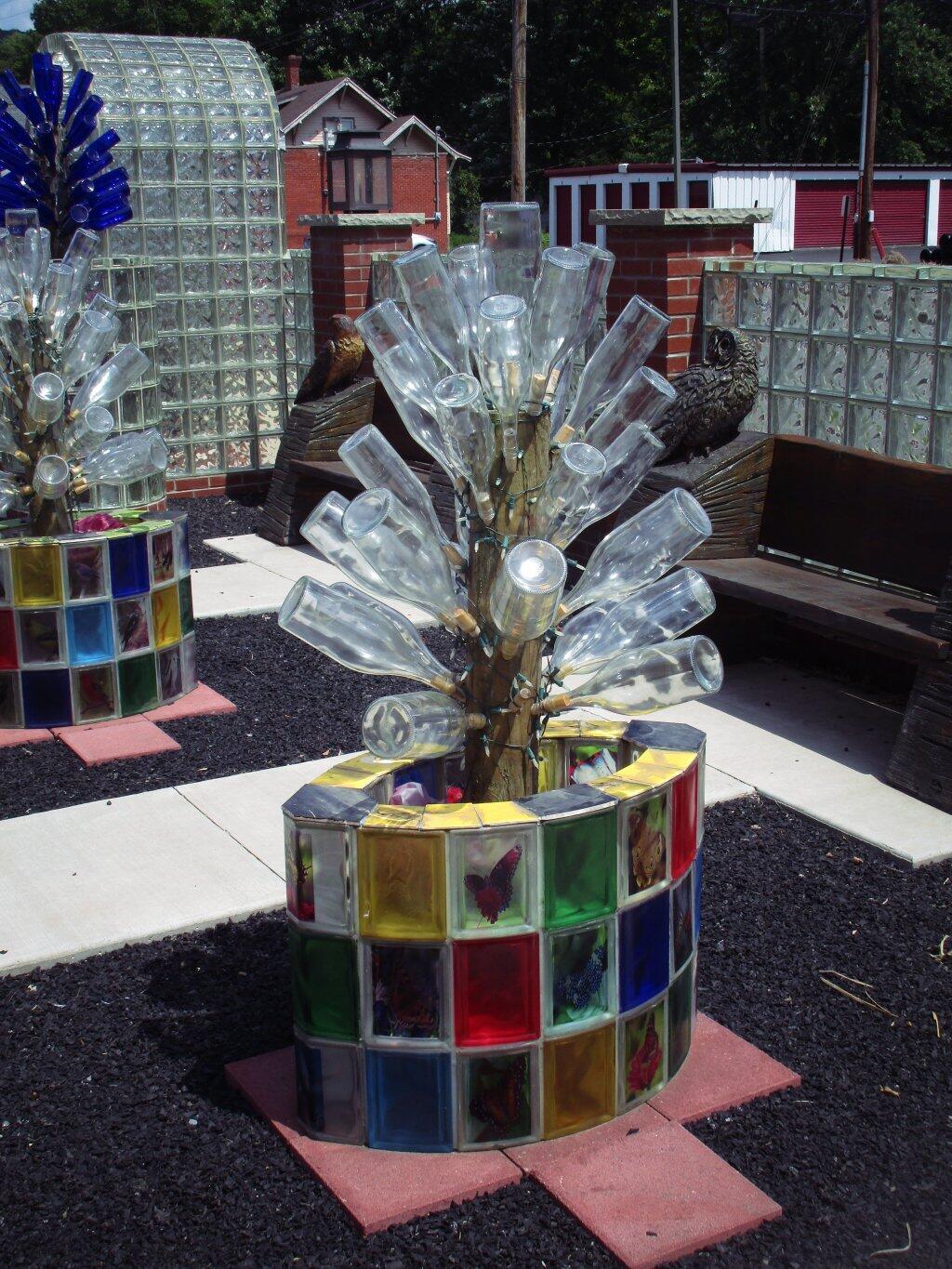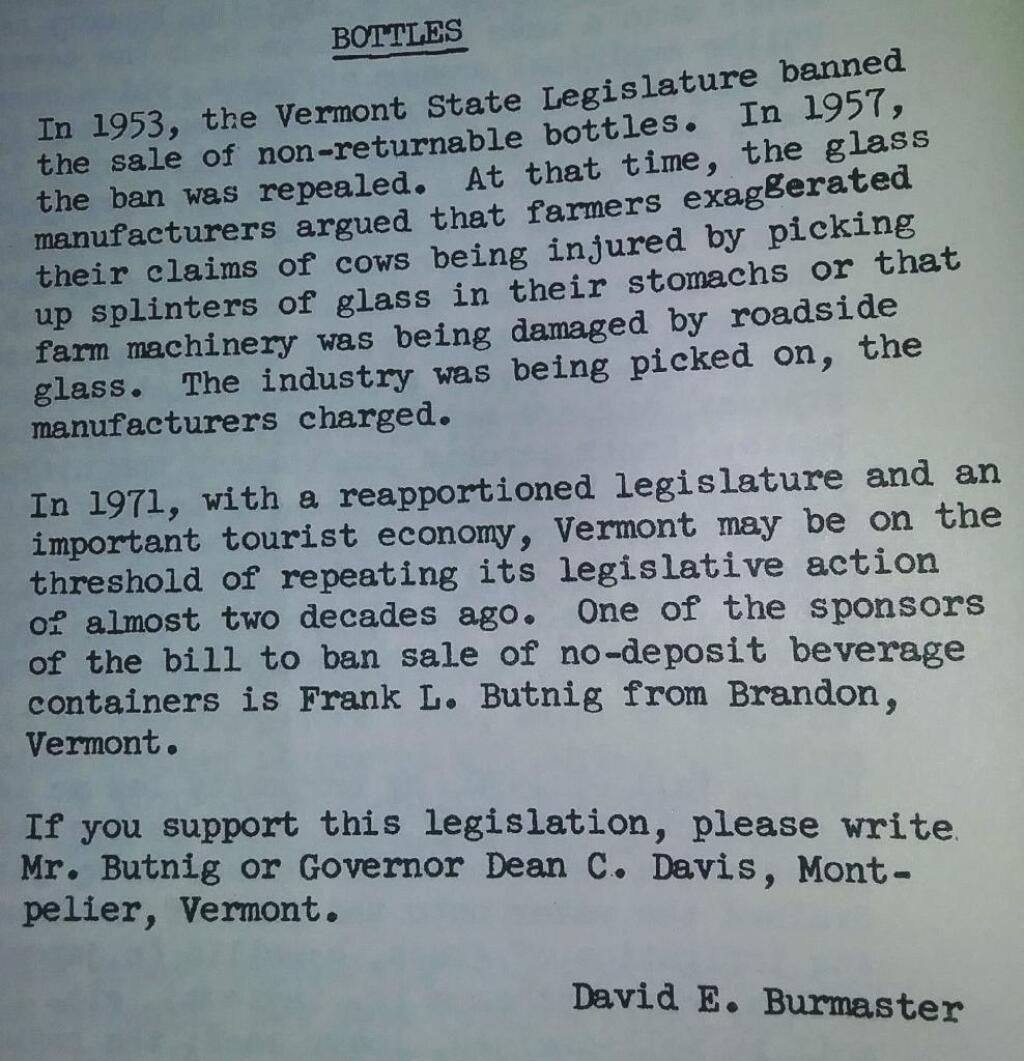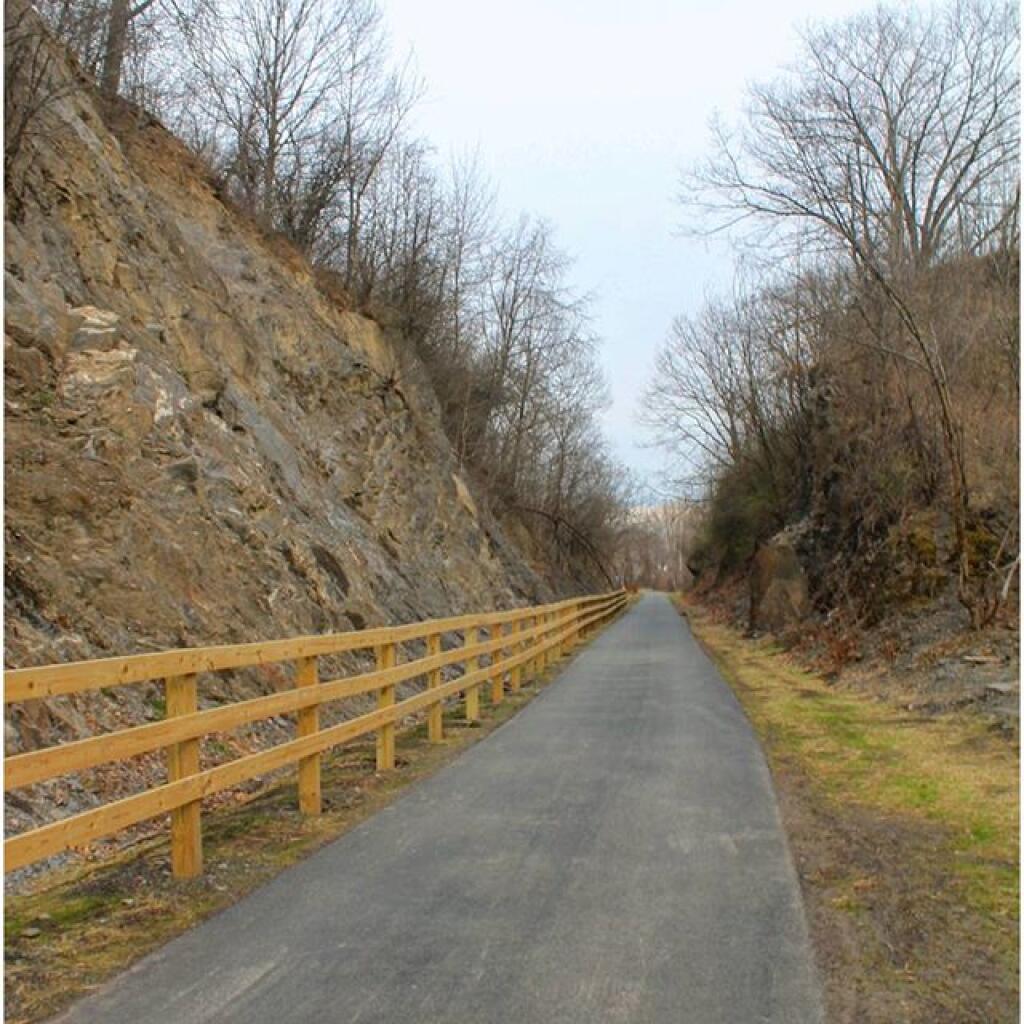I really hate disposable glass bottles 🍾
I was washing out the moldy remains of random glass bottles that I got stuck in the back of the refrigerator. Mostly because I was too lazy to wash them out for recycling, and I kind of forgot about them.
I really try my best to avoid buying things in glass, just because they are heavy, they break easily, and take up a lot of room in the recycling trash. To boot, recycling rates for glass remain very low, especially those collected in municipal programs, because glass often breaks and fragments especially in packer trucks, and is little more then shards when it gets to the recycling center, useful for little besides aggregate for building landfill roads.
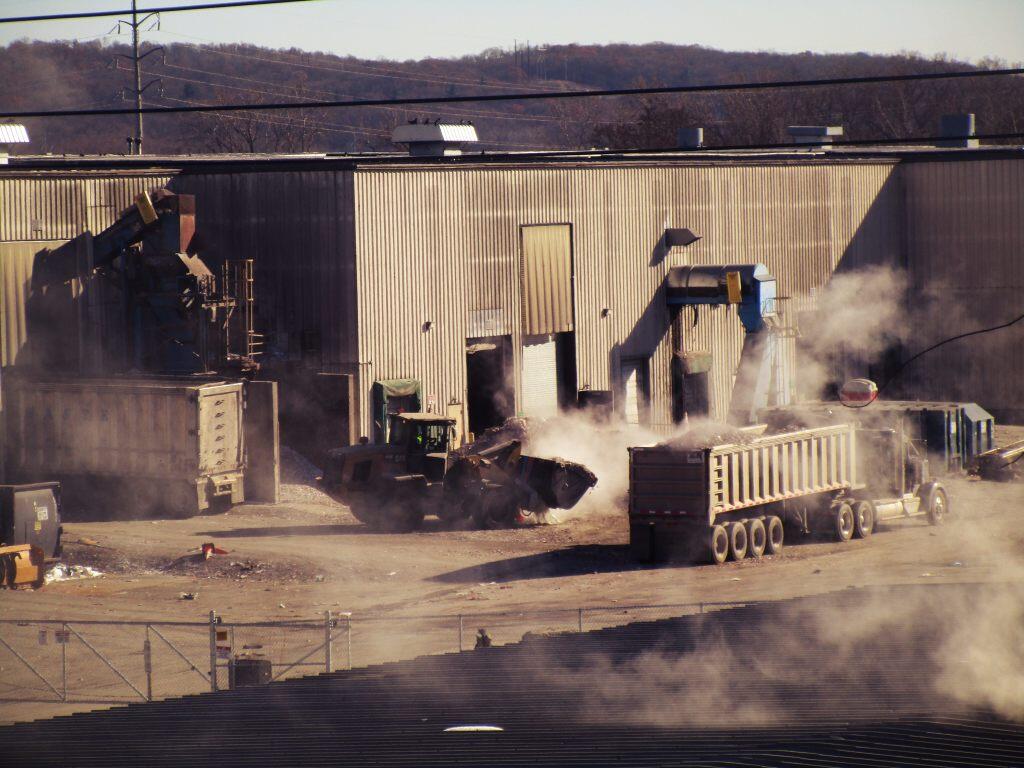
If I get beer, I will get it in a can. Aluminum is very recyclable, light-weight and fairly durable. Easy to get rid of with the deposit. I try to get everything else in paper or plastic, as that can either be saved for recycled or burnt, and doesn’t take up a lot of weight. Plastic bottles can be compressed, smashed down, and don’t take up nearly the size or weight that glass does.
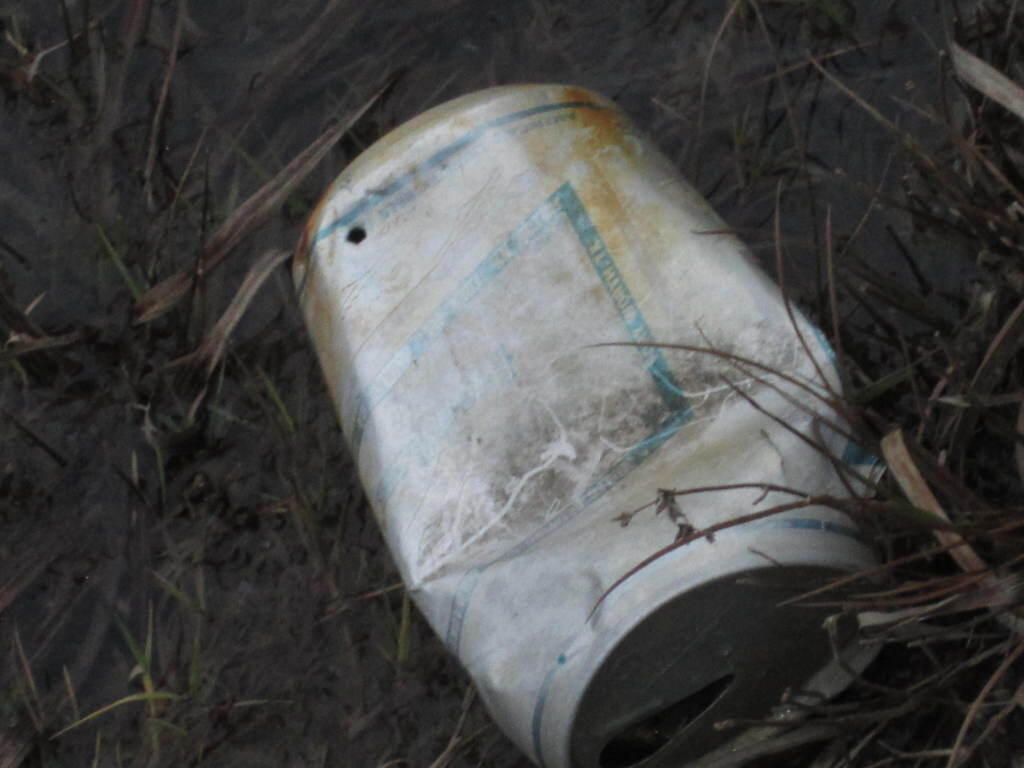
Glass might be good for crafts, but I still think it’s more of a pain then it’s worth when you get food packaged in metal or plastic, which is lighter and doesn’t break. Maybe you can use it as aggregate, and well separated glass can be recycled over and over again, although it’s difficult outside of bottle deposit and reuse programs for much clean, unbroken glass to be recovered. I could see using glass bottles for various projects when I have my own land, or just for shooting and then aggregate, but it’s still more of a headache when other packaging is available.
